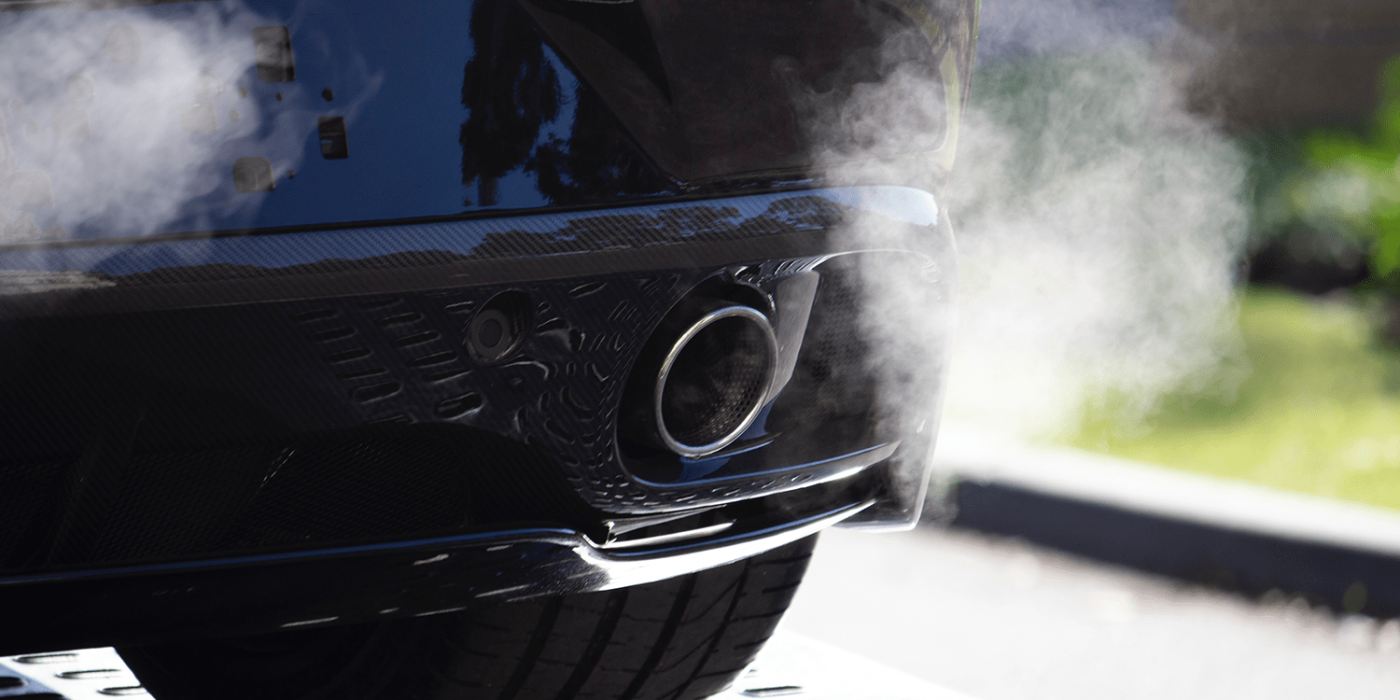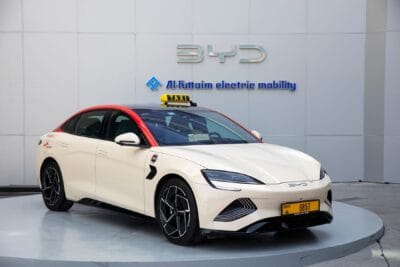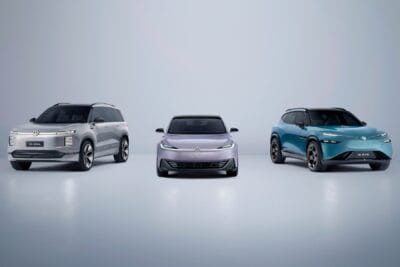US Senators demand date for ICE phase out
Two Californian Democrat US Senators Alex Padilla and Dianne Feinstein are putting pressure on President Joe Biden to enforce a fixed phase-out date for cars with combustion engines nationwide, following California’s example.
In a letter to Biden obtained by Reuters, the Democratic senators call on the US president to “follow California’s lead and set a date by which all new cars sold will be zero-emission vehicles” as part of the January amendment to fuel efficiency standards previously softened by the Trump administration. They also call on Biden to restore California’s special right to set its own clean car standards.
The first demand is that a concrete phase-out date should be set for the sale of internal combustion cars. In California, Democrat Governor Gavin Newsom issued a decree in September 2020, shortly before former US President Donald Trumps was voted out of office, according to which only zero-emission cars may be sold in the state from 2035. By 2045, every new commercial vehicle there is to be electric. During his election campaign, Biden refused to name a fixed date, but promised to massively expand support for electric vehicles and charging infrastructure.
In addition, Biden wants to tighten the fuel standards that were softened by Trump. In 2012, under Barack Obama, the US adopted a fleet target of 4.32 litres, which carmakers would probably only have achieved with high electric and hybrid shares. Instead of a five per cent efficiency increase per year from 2021 to 2026, the Trump administration prescribed only 1.5 per cent – instead of the equivalent of 4.32 litres, this corresponds to a consumption of 5.88 litres per 100 kilometres. Biden now wants to revise the fuel standards again by July.
In their letter to Biden, the two Democrats mentioned above also said that California should regain its special right to set stricter environmental standards. Under the Trump administration, there was a lot of bickering with the US state about these standards. Following the former president’s official announcement in 2019 that he would strip California of the right to set its own environmental standards for cars, California took the matter to court. Flying in the face of federal opposition, 22 other states joined the suit. Now as in the past, the stricter regulations that California imposes on itself have been adopted by a whole series of states over time. This made the dispute a major political issue.
According to Reuters, Biden has instructed the relevant US authorities to “reconsider” Trump’s 2019 decision by April. A White House spokesperson declined to comment to the news agency on any timing on news about California’s special law.
The duo of senators also proposed to use a compromise deal California has struck with automakers including Ford, Honda, BMW and Volkswagen that falls between Trump administration and Obama-era requirements on fleet fuel economy. The letter says “We believe the national baseline should, at an absolute minimum, be built around the technical lead set by companies that voluntarily advanced their agreements with California.”
US carmaker General Motors has already pre-empted a possible ban on internal combustion car sales anyway. The company announced in January that it would end the sale of all passenger cars and light commercial vehicles with internal combustion engines by 2035. Ford also plans to do the same, at least for Europe – as early as 2030.
At present, the Democrats in Washington are putting forward a series of bills for a change in transport policy. For example, the proposal to pump at least 150 billion dollars into the electrification of public transport within ten years (Build Green Infrastructure and Jobs Act). Only a few weeks ago, members of Congress presented the CLEAN Future Act – a very detailed bill for climate policy, according to which, among other things, several billion dollars are to flow into support programmes for charging infrastructure every year. In mid-February, the party already presented a bill called the ‘GREEN Act‘, which would increase the current limit of 200,000 electric cars subsidised by the US federal government per manufacturer by an additional 400,000 vehicles. Another bill introduced by Democratic members of congress also provides for the introduction of a tax credit for electric bicycles.
Including reporting by Cora Werwitzke





0 Comments